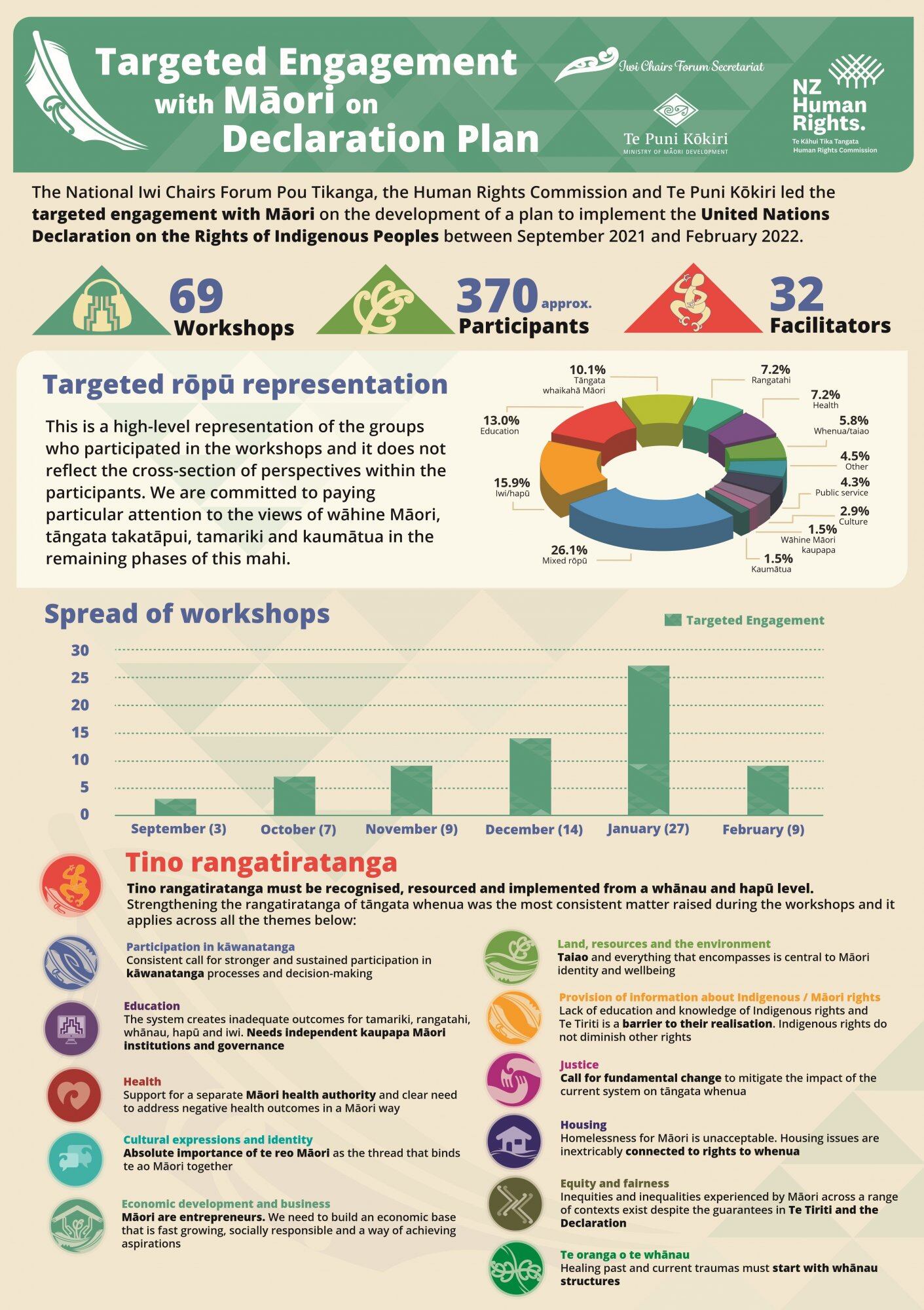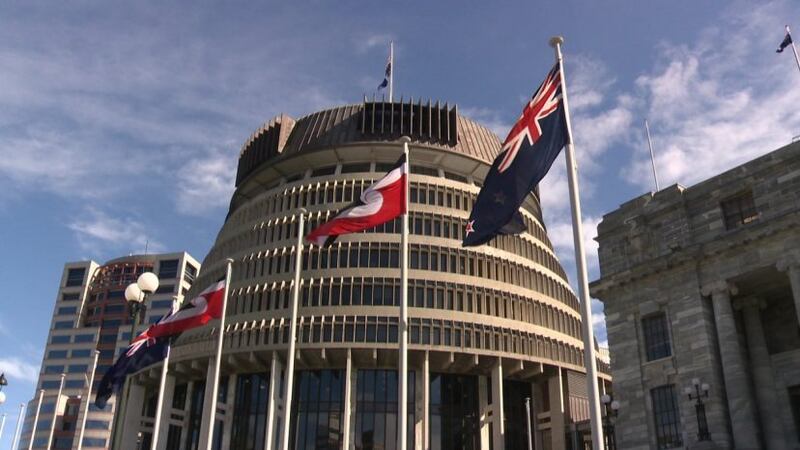The government is charging ahead with the controversial next stage of possible ways to meet the intent of the United Nations Declaration of the Rights of Indigenous Peoples (UNDRP), which New Zealand signed in 2010.
Work on a declaration plan will move into the next phase after Māori Development Minister Willie Jackson said feedback from the first phase of consultation proved fruitful.
The consultation was carried out by a partnership of Te Puni Kōkiri, Pou Tikanga, the National Iwi Chairs Forum and the Human Rights Commission over nearly 70 workshops, canvassing whakaaro of iwi, hapū, the disability community and rangatahi as well groups from the health, education and environment sectors.
Feedback centred on strengthening rangatiratanga for tangata whenua, and suggested there could be support among Māori for the Māori Health Authority model to be applied across the education and justice sectors.
The plan will be designed in line with the UN declaration, which Aotearoa signed up to in 2010 when then Māori Affairs Minister Pita Sharples (in John Key's National government) went to the United Nations in New York for the ceremony.
Since then the Iwi Chairs Forum has commissioned the Matike Mai report, and in 2019 the government commissioned the He Puapua report, Both laid out potential roadmaps to constitutional transformation in Aotearoa to include tangata whenua in the decision making and governance processes of the country.
Not separatist or divisive
The two reports have been criticised by the opposition parties as being separatist and divisive. However, Jackson said that was not the case, and the feedback so far supported that.
"As stated previously, He Puapua is not the declaration plan, nor is it government policy. Reports like He Puapua and Matike Mai are part of a long history of reports on addressing Indigenous rights in Aotearoa and should be seen in that context.
“The declaration plan will not just be about co-governance either. In fact the feedback has been that there are many ways we can strengthen indigenous rights and achieve better outcomes for all that aren’t about governance at all."
Both ACT and National have pledged to scrap the Māori Health Authority should they form a government, with ACT leader David Seymour saying a referendum on Māori co-governance would be a bottom line in any negotiations after next year's election.

Jackson said the Covid-19 response showed how Māori-led solutions could be successful. He hoped the declaration plan could further the progress made, including establishing the Māori Health Authority later this year.
“Working in partnership on a declaration plan that strives for a more equitable reality for all whānau and communities is an important kaupapa, which I believe New Zealanders will be proud to be a part of,” Jackson said.
Jacklson says drafting of the declaration plan will take place over the next couple of months before being offered for public consultation later this year.
“All New Zealanders will get the chance to comment on the range of actions proposed in the draft declaration plan. There is already a lot of mahi across government underway that is consistent with UNDRIP but having a plan sets a roadmap of actions to steadily work towards and measure progress against."

